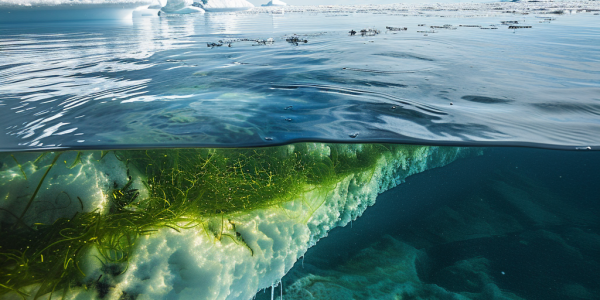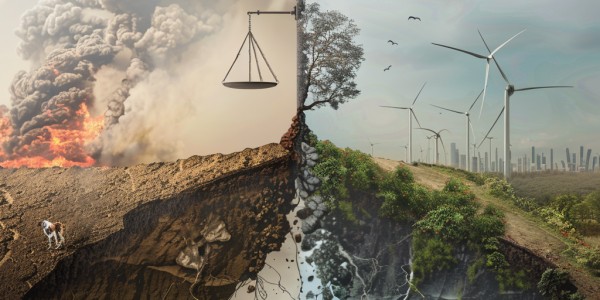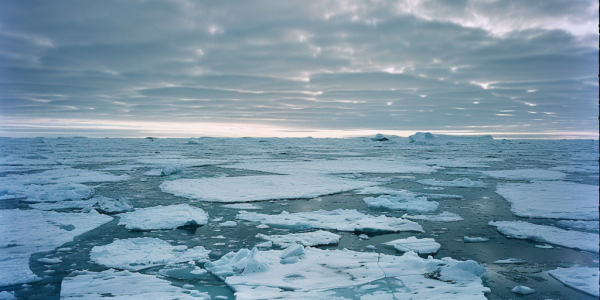Climate Change Threatens Polar Ecosystems: Alarming Decline in Sea Ice Impacts Marine Food Chain
Scientists are sounding the alarm over rapid changes in polar regions, particularly the alarming loss of sea ice, which threatens the marine food chain. With record low levels of Antarctic sea ice and predictions of an ice-free Arctic by 2050, the nutritional quality of crucial microalgae is at risk. Dr. Rebecca Duncan’s research highlights the importance of these ecosystems, emphasizing the need for urgent conservation efforts to address the impacts of climate change on polar marine life.
Urgent Study Reveals Rising Costs and Risks of Climate Tipping Points
A new study reveals alarming financial and environmental implications of climate change, indicating that humanity may have crossed critical climate tipping points. Published in npj Climate and Atmospheric Science, the research highlights the urgent need for immediate action to mitigate escalating costs and irreversible changes, such as coastal flooding and biodiversity loss. As the overshoot window closes, policymakers are urged to recognize the gravity of the situation and prioritize climate strategies to address these pressing challenges.
Evaluation of Arctic Sea Ice Simulations Using cGENIE Model
Recent studies have highlighted the rapid changes in the Arctic region, with warming rates far exceeding the global average. A study published in Scientific Reports evaluates Arctic sea ice simulations using the cGENIE model, showing promise in accurately representing Arctic sea ice dynamics. The findings indicate significant regional variations in Arctic sea ice concentration under high-emission scenarios, emphasizing the urgency of understanding and predicting future changes in the region.



